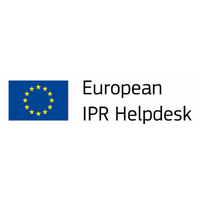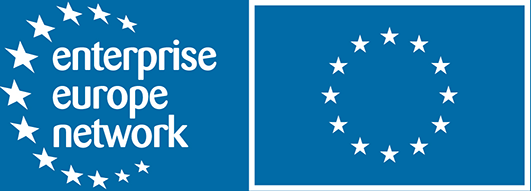We would like to inform you that the European Commission has amended the following three (3) de minimis regulations:
- COMMISSION REGULATION (EU) No 717/2014 of 27 July 2014 on the application of Articles 107 and 108 of the Treaty on the Functioning of the European Union to de minimis aid in the fisheries and aquaculture sector (EC Press Release)
- COMMISSION REGULATION (EU) No 1407/2013 of 18 December 2013 on the application of Articles 107 and 108 of the Treaty on the Functioning of the European Union to de minimis aid
- COMMISSION REGULATION (EU) No 360/2012 of 25 April 2012 on the application of Articles 107 and 108 of the Treaty on the Functioning of the European Union to de minimis aid granted to undertakings entrusted with the operation of services of general economic interest (Text with EEA relevance)
In particular, the adopted amendment to the de minimis Regulation 717/2014 for fisheries aid includes the following changes:
- The extension of the validity of the revised Fishery de minimis Regulation until 31 December 2029.
- The increase in the de minimis aid ceiling per company over three years, from €30,000 to €40,000, subject to the establishment of a central national register.
- Only the primary production of fishery and aquaculture products will remain covered by the Fishery de minimis Regulation, whereas the processing and marketing of such products will be covered by the General de minimis Regulation.
- The recalculation of the so-called ‘national caps’, i.e., the maximum cumulative amounts of de minimis aid that can be allocated per Member State. The national caps were updated based on more recent data relating to the primary production of fishery and aquaculture products only. In the case of Cyprus, an increase in the National Ceiling over three years from €1,090,000 to €1,324,372.
- Certain operations excluded from the scope of the Fishery de minimis Regulation will exceptionally be allowed for the EU’s outermost regions, to facilitate the modernisation of small vessels and address, among other things, safety concerns in these regions. This is one example of the targeted measures for the outermost regions under Article 349 of the Treaty on the Functioning of the EU.
The amendments to the general rules for small amounts of aid (known as the de minimis Regulation or Regulation 1407/2013/EU) include the following main changes:
- Increase the cap per company from €200,000 (in force since 2008) to €300,000 over three years to cover the inflationary increase.
- Introduction of an obligation for Member States to register de minimis aid in a central register at national or EU level from 1 January 2026, with a view to reducing reporting obligations for companies.
- Introduction of safeguards for financial intermediaries to further facilitate aid in the form of loans and guarantees, no longer requiring a full transfer of benefits from financial intermediaries to final beneficiaries.
- Alignment of the threshold for road freight transport for third parties with the threshold of €300,000 in the de minimis General Regulation.
The amendments adopted for the general rules on small amounts of aid for Services of General Economic Interest (also known as the de minimis SGEI Regulation or Regulation 360/2012/EU) include the following main changes:
- Increase the cap per company from EUR500,000 (in force since 2012) to EUR 750,000 over three years to cope with inflation.
- Introduction of an obligation for Member States to register de minimis aid in a central register at national or EU level from 1 January 2026, thus reducing reporting obligations for companies.
You can find the definition of Services of General Economic Interest HERE.
The above amended regulations, which exempt small amounts of aid from EU state aid control as they are deemed to have no effect on competition and trade in the Single Market, will enter into force on 1 January 2024 and will apply until 31 December 2030.
It is worth mentioning that the Republic of Cyprus has already created the National Central Registry as of 1 January 2022 and therefore the Office of the State Aid Registrar will be awarded for this initiative.
Additional details can be found in the Circular issued by the Office of the State Aid Controller.
For clarifications and any questions regarding the legal framework governing the granting of State aid, please contact directly the Office of the State Aid Controller at 22308930, or by E-mail: commissioner@publicaid.gov.cy











